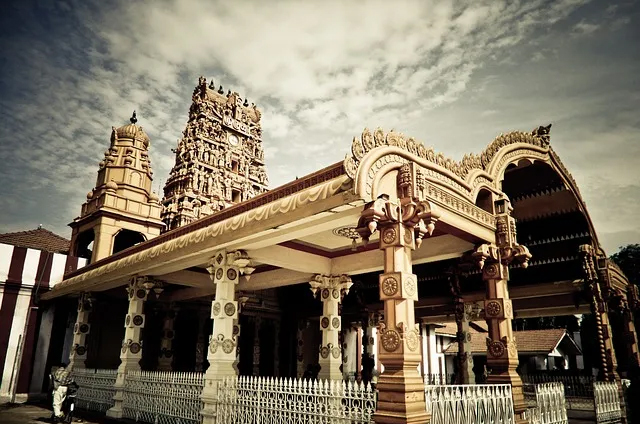- Asian

-
trademark law
The current trademark regulations in Sri Lanka are mainly based on the Intellectual Property Law promulgated on November 12, 2003. The "China National Intellectual Property Administration of Sri Lanka" is responsible for managing trademark affairs.
-
official language
English, Tamil
-
Application principles
Sri Lanka trademark registration adopts the principle of "application first". Sri Lanka trademark registration adopts the principle of "application first"
-
Duration
The Sri Lankan trademark is valid for 10 years after registration, starting from the date of application; Renewal can be processed within one year before the expiration date, with a grace period of six months; The renewal is valid for 10 years.
-
Applicable types
At present, Sri Lanka adopts the 9th edition of the Nice Classification for goods and services descriptions and does not accept applications with multiple categories. The Sri Lankan Trademark Law stipulates that the constituent elements of a registrable trademark mainly include: any visual mark that can be used to distinguish the goods or services of an enterprise from those of other enterprises can be used as a trademark, including: any or imagined name, name, pen name, geographical name, slogan, graphics, relief, letters, numbers, labels, outer packaging, symbols, seals, stamps, imprints, floral decorations, edges, edging, color combinations, and the appearance of goods or containers.
-
precautions
1. Using the R symbol on an unregistered trademark, manufacturing, importing, or selling counterfeit goods is an illegal act under Sri Lankan law and can be prosecuted in local courts or the High Court of Sri Lanka.
2. When a Sri Lankan trademark is rejected during the examination stage, if the applicant can obtain the consent of the owner of the prior trademark or has honestly used the subsequent trademark, the trademark may also be registered.
3. Sri Lanka does not allow multiple types of trademark applications, and each type of goods or services must be independently applied for.
Sri Lanka is a signatory to international intellectual property treaties such as the Paris Convention and the WIPO Convention; As we have not yet joined the Madrid Agreement or Madrid Protocol, trademark registration can only be processed through "single country registration".
If the applicant does not reside in Sri Lanka, they must entrust a specialized agent in their home country to handle the matter. The basic materials required for trademark application are:
1. Applicant's name and address
2. Goods or services
3. Trademark design
4. Power of Attorney
5. If priority is declared, priority proof documents and corresponding translations must be provided
Trademark applicants can obtain an application number within 2-3 working days by submitting their application to the Sri Lanka Intellectual Property Office (NIPO).
After the applicant submits the application, the examiner will examine the application to check whether the trademark has registrability, whether there are similar trademarks registered earlier, etc. If the examination fails, the Trademark Office will issue a rejection notice, requiring the applicant to respond or request a hearing within 30 days. If the applicant fails to respond or respond within the time limit, the application will be deemed abandoned.
If the trademark passes the examination, NIPO will send a notice of acceptance to the applicant and publish the trademark in the official gazette of Sri Lanka. The announcement period is 3 months, during which anyone can raise objections to the trademark.
Once the trademark is opposed, NIPO will serve a copy of the opposition notice to the applicant, and the applicant must respond to the reasons for the opposition within 3 months, otherwise the application will be deemed abandoned.
If no objection is received or the objection response is successful during the announcement period, the trademark will be approved for registration and a certificate will be issued.




